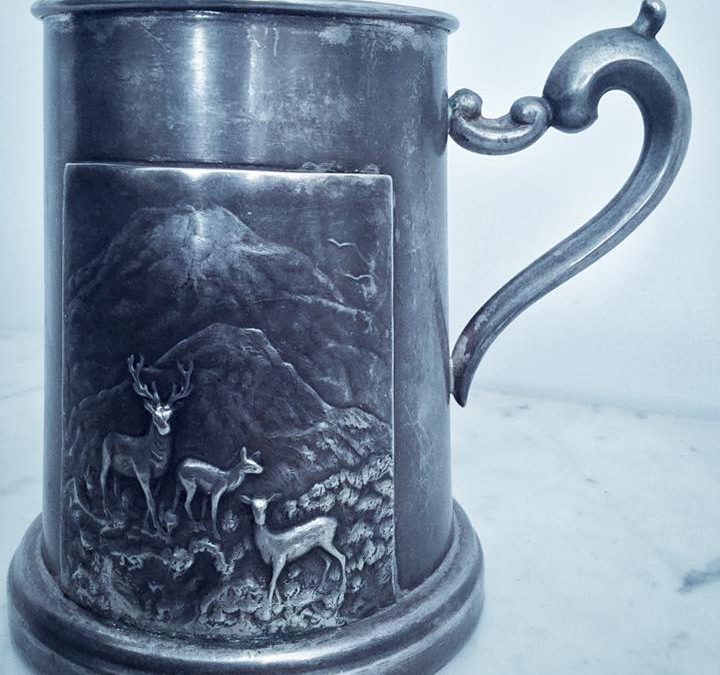„A freca menta” inseamna a nu iti face treaba cum trebuie, sau a mima ca muncesti de zor, fara sa si faci asta. Ce vina are insa biata planta, plina de calitati, de a ajuns sa fie asociata cu o expresie deloc laudativa?
Everything starts from Ancient Greece, where the luxury of the ruling class knew no bounds. Among the norms of a rich house was the rubbing, with mint leaves, of the place where dinner was eaten, as well as of the trays, cutlery, in order to smell pleasant. It was the task of the house slaves and it was quite easy, compared to breaking wood, washing clothes or the floor. Logically, some of the slaves began to prefer this task to the detriment of the physically demanding ones.
How and when did the expression arrive in Romania? With the spread of the Greeks in the Balkans, between the seventeenth and nineteenth centuries. The Phanariot rulers led to the formation of communities of wealthy Greeks in the big cities of Romania, and they brought both the habit of rubbing furniture with mint, and the expression meant to rebuke the slave / servant caught pulling the trigger.
The wealthy families of the Romanian boyars also copied the custom, and the Romanian servants the chiul method. Now, in Romanian, the meaning of the expression is consecrated, in the sense that some servants preferred to rub the tables with mint for hours, instead of cutting wood or carrying water. Then, after Venetian fashion, the tables began to be covered with textile tablecloths, which could be scented more easily. All that remained was the phrase "rubbing mint"
If you want to see or buy tables and other furniture items hundreds of years old, most likely rubbed a few hundred years ago with mint leaves, come to Alexandra's Gallery, in Piata Amzei street no. 5. In our country, every object has a story.





